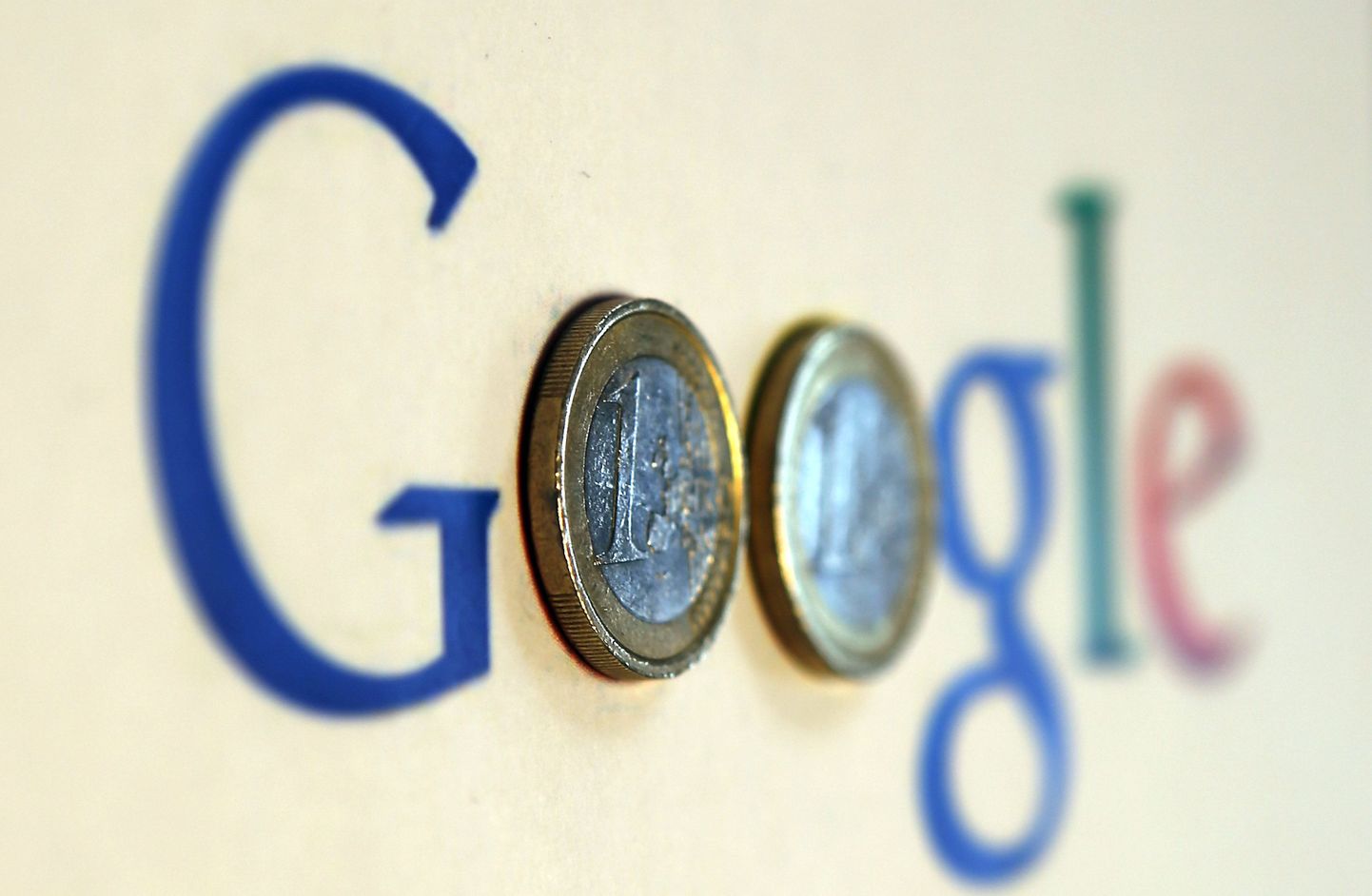This weekend, a debate arose in Sweden, after the public TV-station SVT revealed Google’s and Facebook’s tax payment data. According to SVT, Facebook paid about €90,000 of tax money, while making tens of millions of euros worth of sales revenue in Sweden. Google’s last year’s Swedish taxes amounted to €11,000 with €350m of income – a gap much wider than that of Facebook.
According to the Finnish newspaper Kauppalehti, Sweden’s minister of Anders Borg commented that he has been in talks with colleagues in Germany and some other countries about taxation of large Internet companies. Mr Borg thinks more taxes can be extracted from them in the future.
Estonia’s Tax Board refused to comment on whether the US giants Google and Facebook have ever paid a cent of tax money in Estonia, as the law prohibits disclosure of taxpayers’ data. A Google spokeswoman Gabriela Chiorean, being asked by Postimees if they ever paid taxes in Estonia, replied: «We fully comply with taxation rules in every country we are involved in.» Google would not reveal its profits in Estonia, separately. Facebook left the question by Postimees unanswered.
In addition to advertisement services’ revenue, Google and Facebook are also present in Estonia by local users uploading content to their sites, as in the recent case of a video from a school in Tõstamaa showing a teacher being bullied by students – prompting local media discussions whether or not to show the material on their sites, whether or not to blur the persons involved etc. All the while, however, the video was freely available on Google’s Youtube, spreading rapidly via Facebook links.

